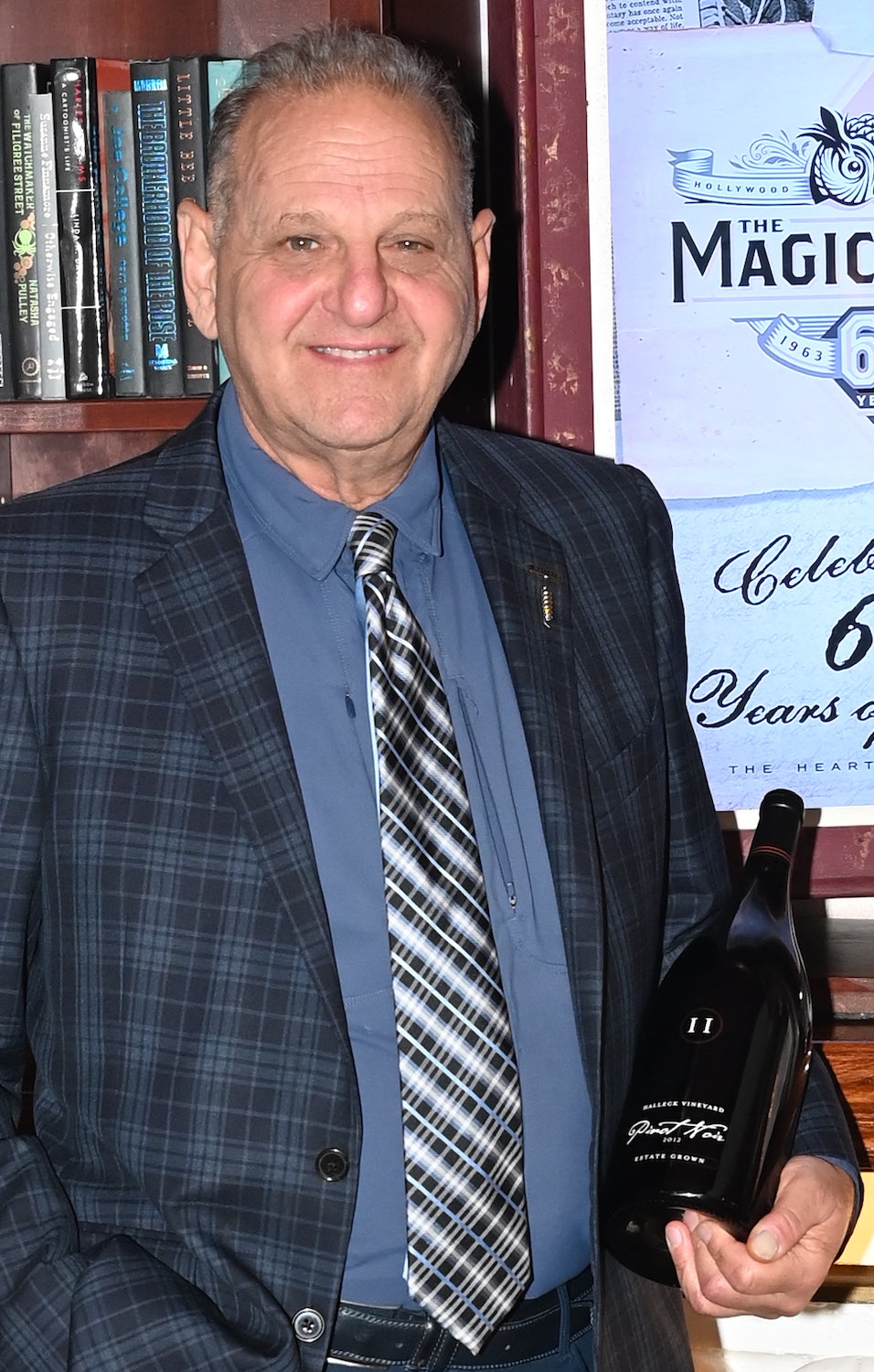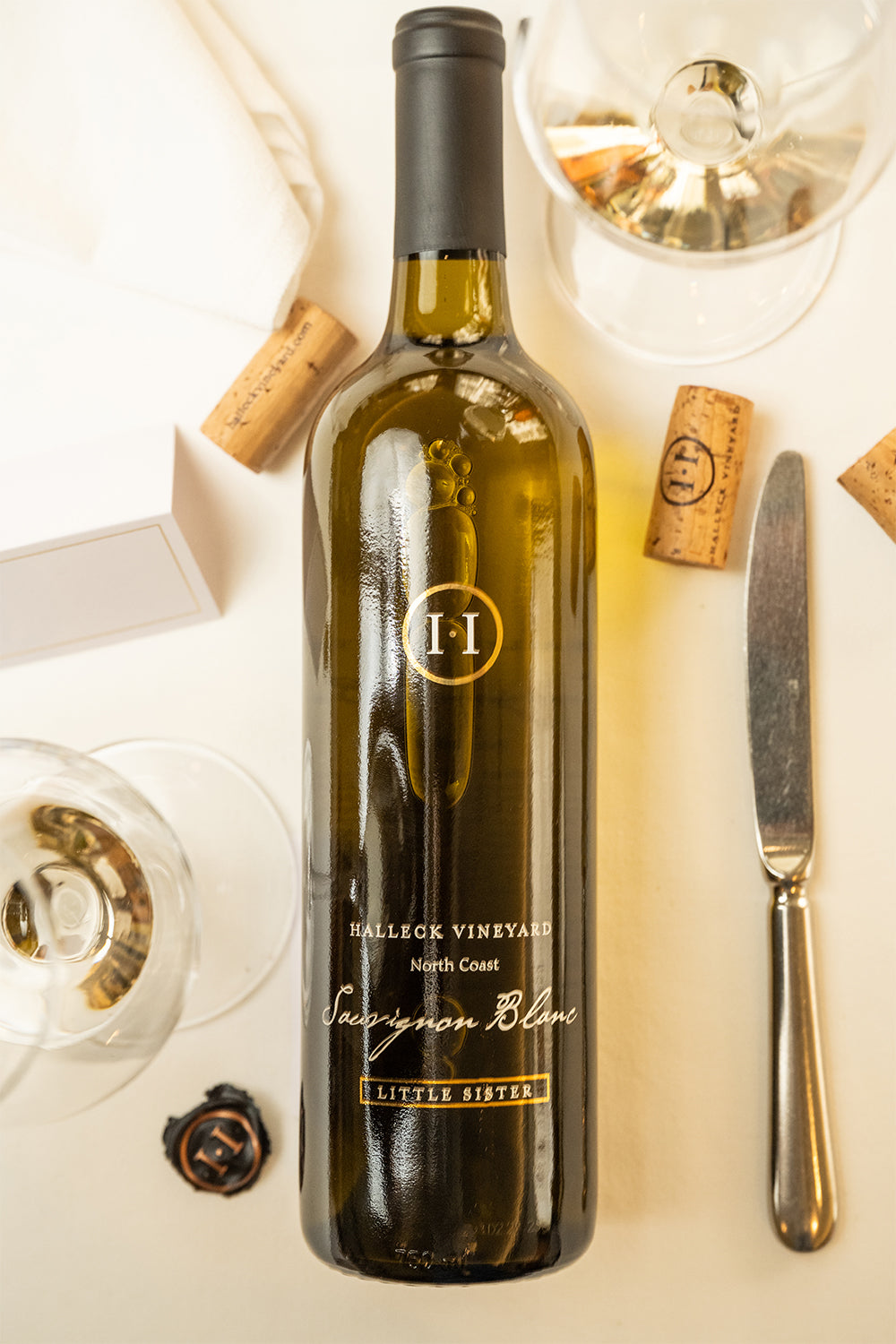Wineries In Sebastopol - Local Wineries In Sebastopol
Wineries In Sebastopol - Local Wineries In Sebastopol
Blog Article
Wineries In Sebastopol - Sonoma Vineyards For A Perfect Day Out
Wine tasting is an art that requires practice and an understanding of assorted aspects involved within the course of. One essential component of wine tasting is the event and interpretation of tasting notes, which function a guide for both novices and seasoned connoisseurs. A Guide To Understanding Winery Wine Tasting Notes can enhance your wine-tasting experience, making it extra meaningful and pleasant.
Tasting notes are concise descriptions that capture the essence of a wine’s flavors, aromas, and total character. Normally composed by professional tasters, winery tasting notes supply insights into the nuances of assorted wines. They may help wine enthusiasts perceive what to anticipate from a particular bottle. Nonetheless, tasting notes can differ broadly in style and detail primarily based on the writer's experience and palate.
Wineries In The Heart Of Sonoma County Wine Region - Discover Sebastopol's Wine Scene
When you first strategy a glass of wine, your senses will start to have interaction instantly. The sight, smell, and style of the wine will converge to give you a whole experience. Tasting notes usually start with the visual evaluation, where the colour of the wine is taken under consideration. Color performs a significant position in indicating the wine’s age, grape variety, and even its flavor profile.
After assessing the visible aspect, the subsequent step involves swirling the wine within the glass. This motion aerates the wine, allowing its aromas to awaken. Smelling the wine provides important insight into its complexity. The initial sniff can deliver a flood of scents which will embrace fruity, floral, natural, or earthy notes. This is usually the most subjective part of tasting, as particular person experiences can dramatically differ.
In winery tasting notes, descriptors are often categorized into major, secondary, and tertiary aromas. Main aromas normally stem from the grape variety, secondary aromas derive from fermentation processes, and tertiary aromas arise from getting older. Understanding these classes can help you respect the depth of a wine, and they also provide the vocabulary to express your experience better.
Upcoming Wine Festivals In Sonoma County - Tasting Fine Wines In Sonoma County
Following the olfactory encounter, your focus will shift to the taste of the wine. This is the place the first characteristics—sweetness, acidity, tannins, alcohol—come into play. Tasting notes often element these flavors in multiple dimensions, including the preliminary assault on your palate to the lingering end on your tongue. A high-quality wine will present a harmonious stability between these factors.
Whereas tasting, it's essential to ponder the body of the wine, which may be described as light, medium, or full. The body contributes significantly to your total impression, helping you contemplate how the wine pairs with food or whether it stands alone as a sipping wine. Balancing the body with the opposite characteristics provides you with a fuller understanding of what the wine has to offer.
The end of the wine, also known as the aftertaste, is another crucial aspect usually included in tasting notes. A long, nice finish normally indicates the next high quality wine, whereas a short or cloying aftertaste could suggest otherwise. Evaluating the finish can provide further perception into the wine's complexity and distinction.
Understanding the context of winery tasting notes can also be priceless. Tasting notes can provide contextual details about the vineyard's location, local weather, and grape-growing practices. This context adds one other layer of appreciation for the wine, allowing enthusiasts to attach the sensory experience with its origins, thus enhancing the enjoyment additional.
Cultural Wine Experiences In Sonoma County - Wineries For Casual Tastings In Sonoma
Many wineries present tasting notes on their websites or labels, typically written in an approachable but informative style. Nevertheless, not all winery tasting notes are created equal. Some could additionally be overly technical, while others might prioritize advertising aptitude over insightful analysis. Studying to navigate these notes can arm you with the knowledge to make knowledgeable choices when choosing wines.
Taking Part in tastings at wineries also can deepen your understanding of wine tasting notes. Interacting with knowledgeable staff can provide you a extra hands-on strategy to exploring completely different wines and the language used to explain them. Wineries Promoting Sustainable Farming. You Will have the opportunity to ask questions, engage in discussions, and potentially refine your palate in actual time.
Experimentation is essential for mastering wine tasting notes. As you pattern completely different wines, try making your personal notes. Focus on describing the wine’s colour, aroma, taste, and finish. Over time, you’ll develop a personal vocabulary that resonates together with your sensory experiences. Every note you create will assist refine your palate, allowing you to appreciate wines at a deeper stage.
Wineries Showcasing Local Art And Crafts - Vineyard Visits And Wine Tasting In Sonoma
In conclusion, a Guide To Understanding Winery Wine Tasting Notes presents a comprehensive framework for diving into the world of wines. It equips you with the methods and language essential to articulate your experiences. Whether Or Not you're a casual drinker or a dedicated aficionado, understanding and using tasting notes can profoundly impact your wine journey. This information not only enhances your enjoyment but in addition connects you deeply with the anchor rich narratives each bottle tells. By embracing this journey, you turn into a part of the attractive mosaic of wine culture, the place each sip unveils a brand new story ready to be found.
- Wine tasting notes typically encompass a selection of sensory descriptions, including aroma, flavor, acidity, body, and end, permitting tasters to totally respect the wine's characteristics.
- To improve your understanding, familiarize your self with common wine terminology similar to "tannins," "oakiness," or "terroir," which might help decipher the notes extra successfully.
- A systematic method to tasting involves first visually assessing the wine's color and clarity, followed by swirling to release aromas, then inhaling and describing what you experience.
- Taking notes throughout tasting might help establish patterns over time, bettering your palate and making it easier to recall preferences for future alternatives.
- Don't overlook the affect of food pairings; tasting notes can differ significantly when a wine is enjoyed with complementary flavors, altering notion and enjoyment.
- Pay attention to the wine’s vintage, as climatic conditions in a given year can significantly have an result on the final product, adding one other layer to the tasting notes.
- Think About the winemaker's style and philosophy, which may form the wine's profile and impact how its notes evolve with every sip.
- Training with totally different grape varieties can broaden your vocabulary; every kind brings distinctive characteristics that can enhance your capability to articulate tasting notes effectively.
- Participating with wine professionals or attending tasting events can provide useful insights, offering a richer context for understanding personal tasting notes.
- Keep In Mind that tasting is subjective; particular person preferences and experiences will shape one’s interpretation of the identical wine, enriching the general enjoyment of wine exploration.
What are wine tasting notes?
Wine tasting notes are descriptive comments made by tasters in regards to the look, aroma, style, and end of a wine. They provide an outline of the wine's characteristics and can help consumers perceive the style and quality of the wine.
Wineries Promoting Sustainable Farming - Sonoma Valley Vineyards And Wine Tasting
Why are tasting notes important when selecting wine?
Tasting notes can guide you in choosing a wine that suits your palate. They present insights into flavors and aromas, serving to you to match wines with food or occasions. Understanding these notes enhances your overall wine experience.
How ought to I learn wine tasting notes?
(Scenic Vineyard Tours In Sebastopol)
Charming Wineries With Views In Sonoma Valley - Wineries To Visit

When studying wine tasting notes, pay attention to the construction: search for descriptions of colour, aroma, flavor, and end. This will allow you to grasp the wine's profile and decide if it aligns along with your preferences.
What phrases generally seem in wine tasting notes?
Frequent phrases embody "tannin" (the structure), "acidity" (the crispness), "physique" (the weight), and varied flavor descriptors like "fruity," "earthy," or "spicy." Familiarizing yourself with these terms can deepen your understanding of wine.
Wineries Showcasing Local Art And Crafts - Sonoma's Best Vineyards
Am I Able To create my very own tasting notes?
Yes! Writing your personal tasting notes can improve your wine tasting experience. Focus on your observations of style, aroma, and different sensory traits. This personal practice may help you refine your palate over time.
How do I establish the aromas in wine tasting notes?
Wineries Providing Guided Vineyard Walks - Exploring The Vineyards Of Sonoma
To identify aromas, practice smelling a big selection of scents and associating them with wines. Swirl the wine in your glass to release its aromas, then take a moment to breathe in deeply before identifying any prominent scents.

What is the distinction between professional and personal wine tasting Check This Out notes?
Professional tasting notes might use extra technical language and particular terminology, while personal tasting notes are subjective and mirror individual experiences. Both are valuable for understanding and enjoying wine, but personal notes may resonate more along with your distinctive tastes.
How can tasting notes improve my wine appreciation?
Wineries With Unique Wine Blends - Sonoma’s Lush Vineyard Landscapes
Tasting notes can improve your appreciation by helping you to understand and articulate the complexities of wine. They encourage aware tasting and supply a framework for comparing totally different wines, leading to a richer enjoyment of the beverage.
Are there any apps or tools to assist with wine tasting notes?
Sure, there are a number of apps designed to help users record and organize their tasting notes. These tools typically offer features like flavor wheel guides and wine database searches, making it simpler to track your journey by way of different wines. Report this page